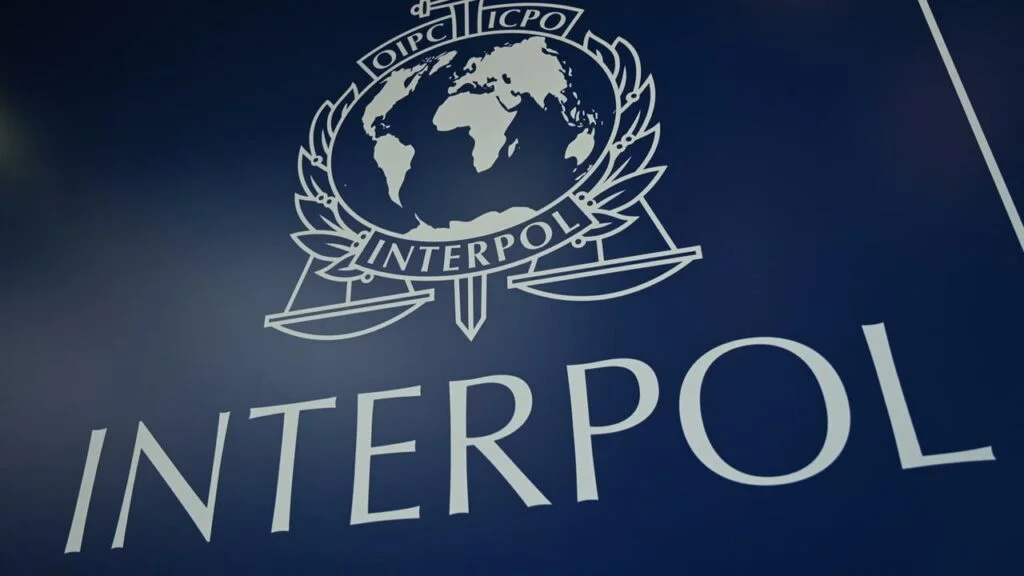Following attacks that shook the industry, the International Criminal Police Organization (Interpol) established a specialized section to combat virtual asset crime worldwide.

In the run-up to its 90th general assembly, scheduled for October 19–21 in Delhi, India, Interpol revealed at a press conference. High-ranking police chiefs from its 195 member nations will attend the gathering, with virtual currency policing serving as a significant topic of discussion.
Jürgen Stock, the secretary general of Interpol, stated that “huge developments in technology, internet of everything, and digitalization – because of cryptocurrency – pose a challenge to law enforcement because very often they (agencies) are not properly trained and properly equipped from the beginning.”
For law enforcement authorities around the world, the decentralized structure of digital assets and their capacity to get beyond existing Know Your Customer (KYC) and anti-money laundering (AML) requirements have been a nightmare. Additionally, the usage of decentralized exchanges and mixers has made it more difficult for security agencies to find criminal actors.
The Central Bureau of Investigations of India’s Praveen Sinha highlighted that “international cooperation, coordination, trust, and real-time exchange of information” are the solutions to the mess that Interpol is currently in. To this purpose, a special task force made up of participating states will be established to oversee the virtual assets market globally.
With the issuance of a “red notice” against Terraform Labs founder Do Kwon, Interpol has already dabbled in the ecosystem in pursuing digital asset fugitives. The extensive search for Ignatova Rajatova, the creator of OneCoin who defrauded investors of billions of dollars between 2015 and 2017, also attracted Interpol.
The international police force also collaborated with cybersecurity company Trend Micro to stop hacker activity in Southeast Asia, and S2W Lab conducted research to monitor virtual asset activity on the dark web.
